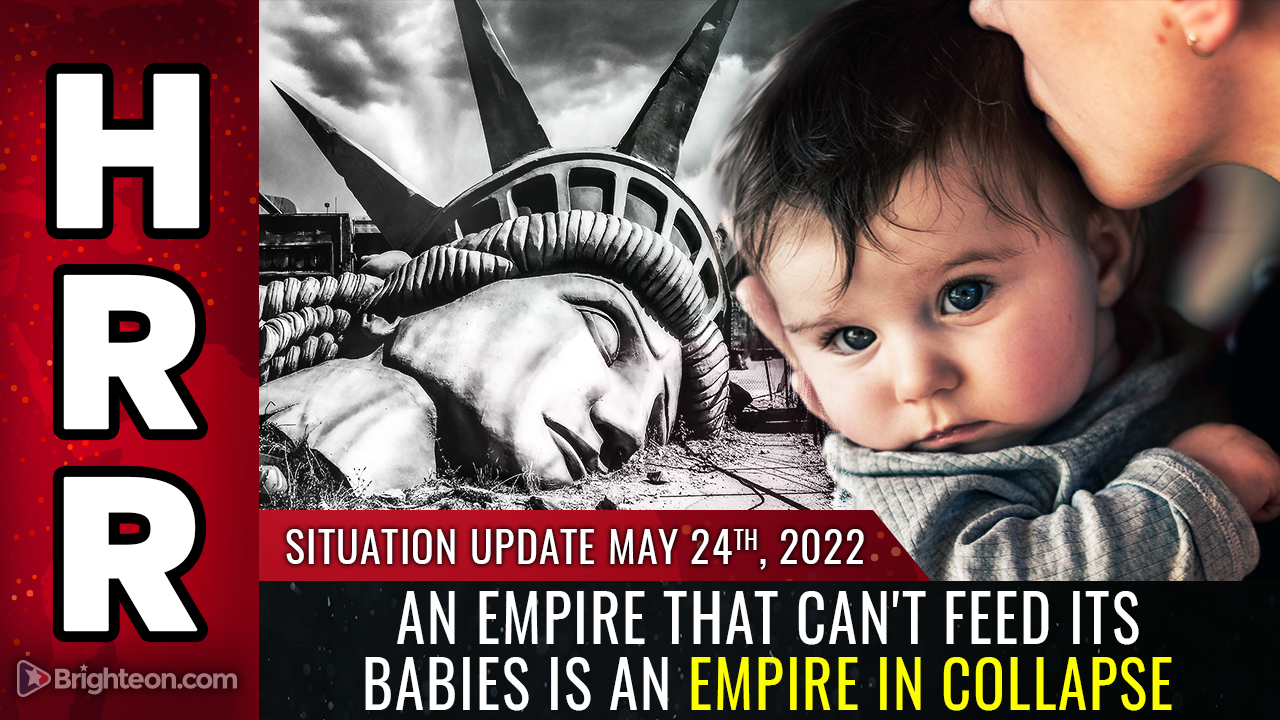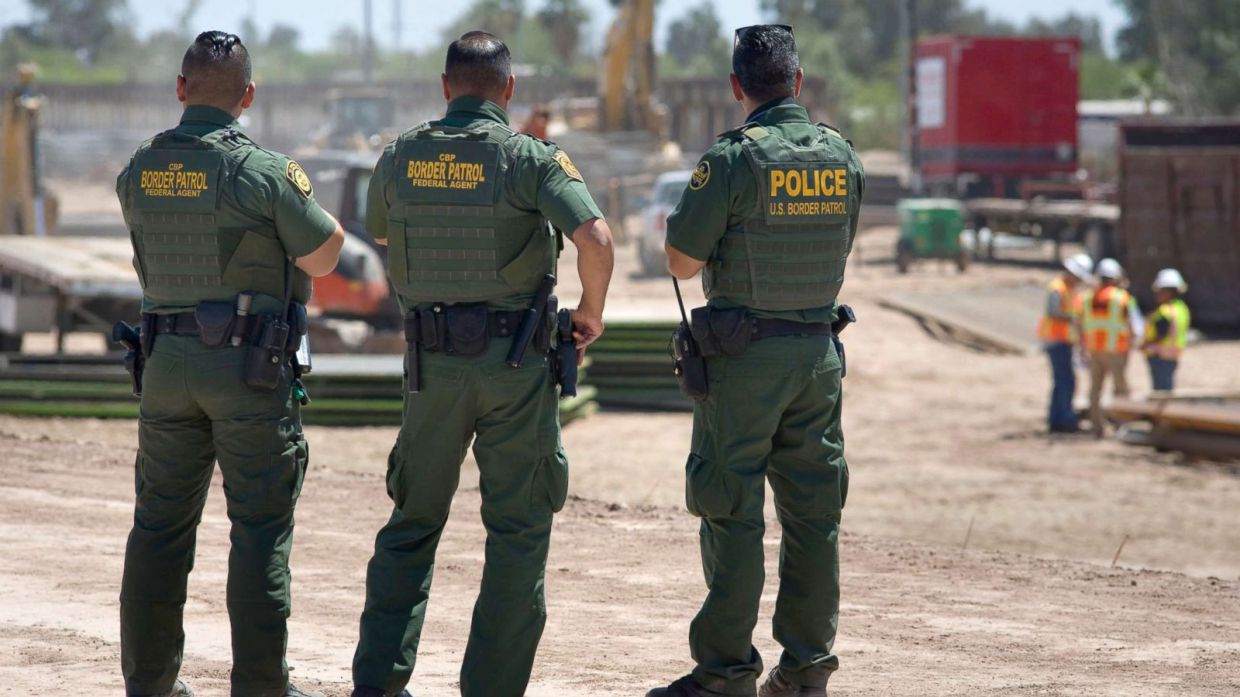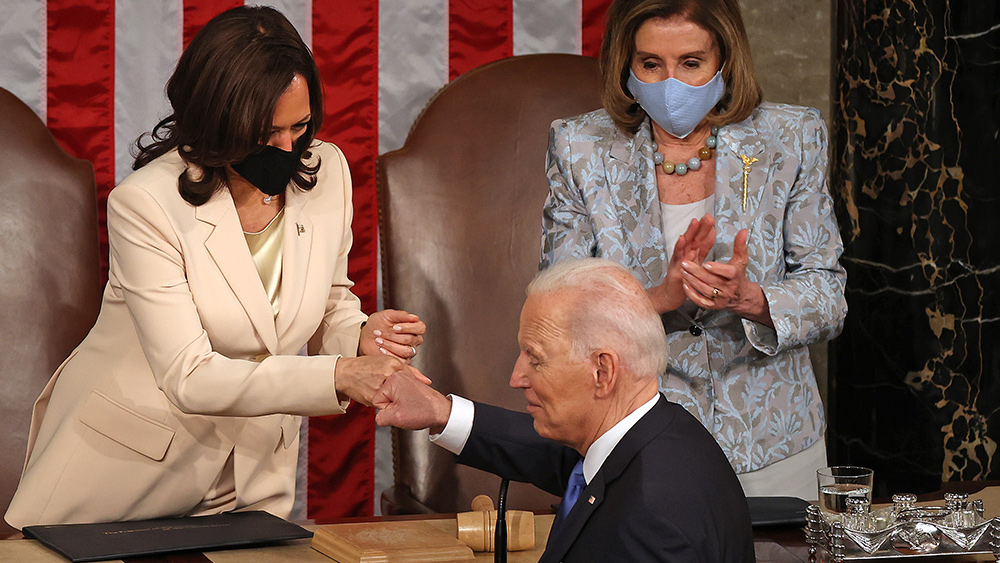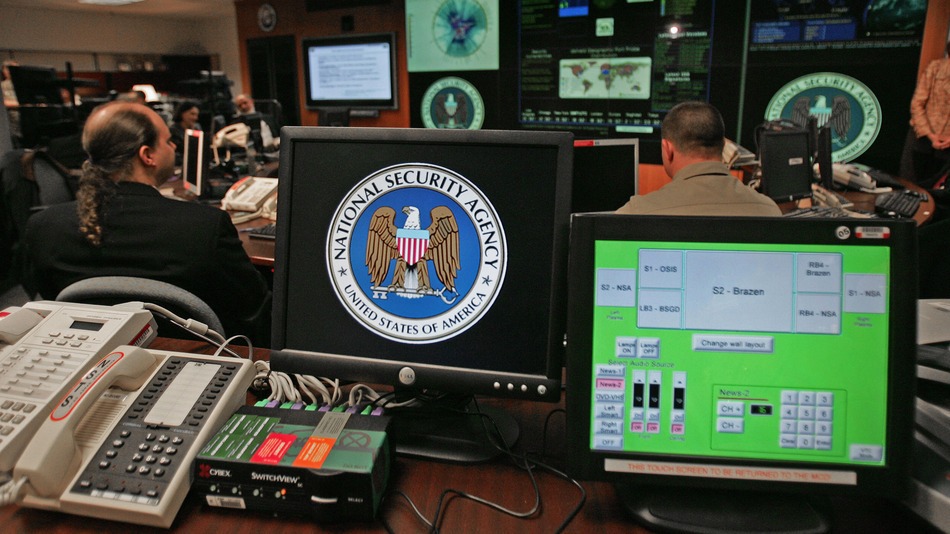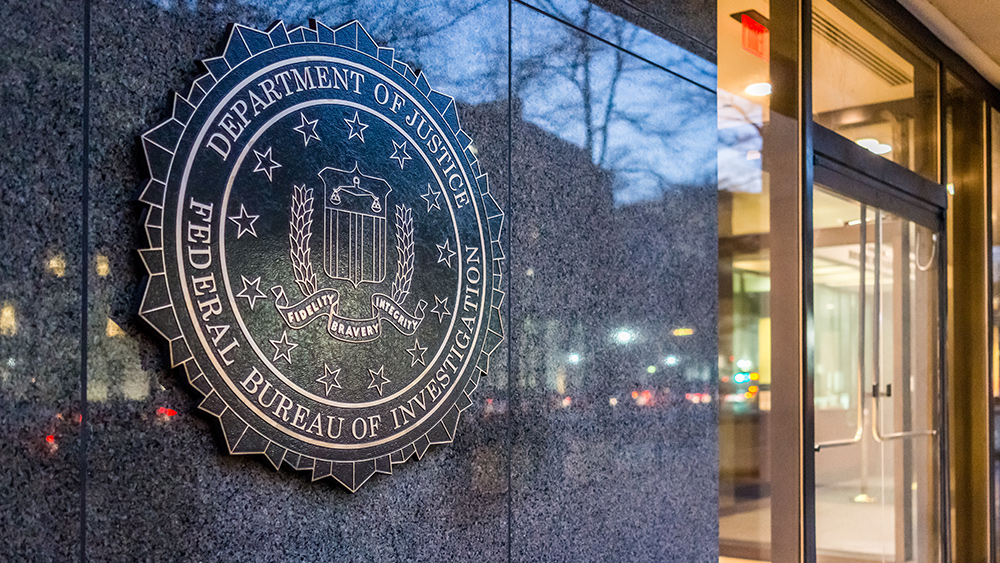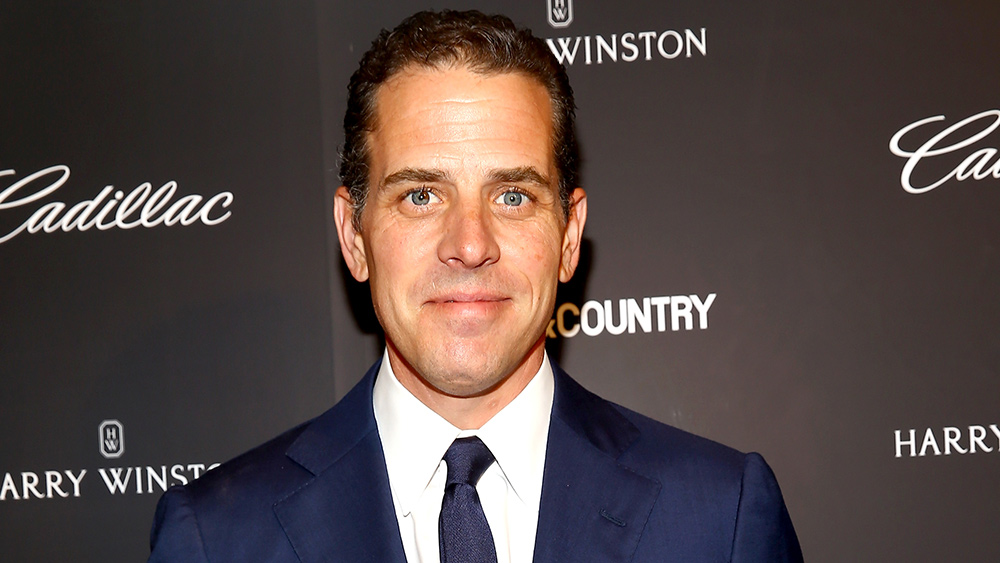Biden is not doing anything to resolve the supply chain crisis
10/20/2021 / By Arsenio Toledo
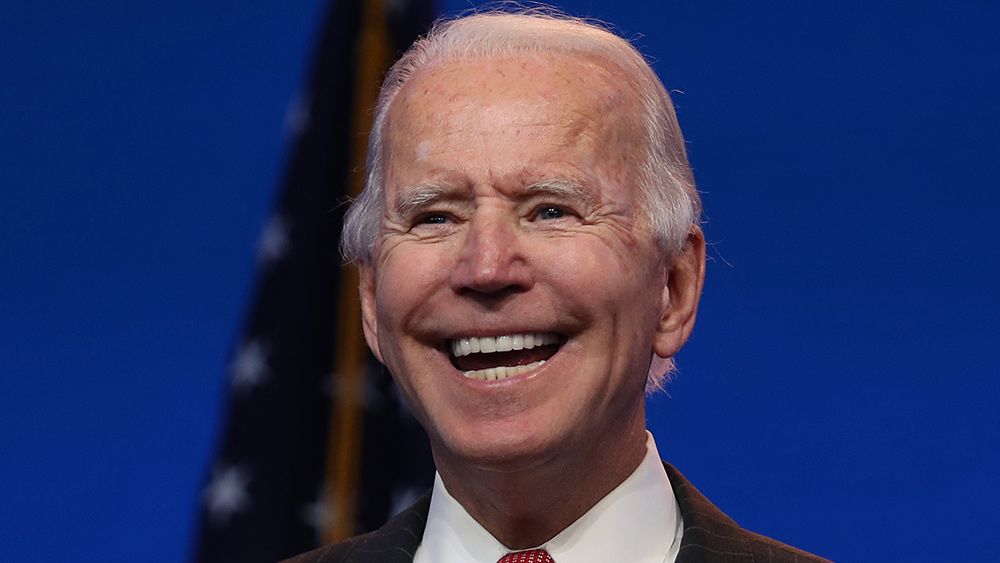
President Joe Biden and the leading members of the Democratic Party are not doing anything to resolve the ongoing supply chain crisis that is gripping the nation.
On Oct. 13, Biden made an announcement ordering the operators of the Port of Los Angeles and its major retailer customers to begin operating 24 hours a day, seven days a week.
Biden has also asked the private sector to commit to round-the-clock logistic operations. Companies like Walmart, Target, Home Depot, FedEx, UPS and Samsung have already pledged to increase their off-peak hours delivery services.
Some of those companies have yet to follow through on their promises. If they do, that would mean an additional 3,500 containers moving around the country each week through the end of the year.
“If federal support is needed, I’ll direct all appropriate action, and if the private sector doesn’t step up, we’re going to call them out and ask them to act,” Biden says.
The president claims that his administration’s main goal is not to get through the current bottleneck in the supply chain, but “to address the long-standing weaknesses in our transportation supply chain that this pandemic has exposed.” (Related: Supply chain issues, soaring food prices wreak havoc on US economy #EmptyShelvesJoe.)
Senior White House officials have justified relying on the private sector by claiming that the work of large corporations will “pave the way for smaller retailers to also get their goods from a 24/7 model.”
To make this lack of commitment from the federal government even worse, White House spokesperson Jen Psaki tells reporters that Biden could not guarantee that there would be no supply chain-related disruptions during the holidays.
“What we can do is use every lever at the federal government level to reduce delays,” says Psaki.
Secretary of Transportation Pete Buttigieg even admits that the supply chain crisis is likely to persist well into 2022.
“A lot of the challenges that we have been experiencing this year will continue into next year,” he says in an interview. “Demand is off the charts. Retail sales are through the roof. Now the issue is, even though our ports are handling more than they ever have – record amounts of goods coming through – our supply chains can’t keep up.”
Federal government has multiple options to help alleviate the supply chain crisis – it is not choosing any
Supply chain experts have pointed out that the president and his administration can do more than just coordinate efforts among different points in the supply chain and entrust the difficult task of dealing with the crisis to the private sector.
For example, multiple port operators are pushing for the federal government to tap into a provision within the National Defense Authorization Act called the Maritime Transportation System Emergency Relief Program. This program would authorize the Maritime Administration to issue grants to vessel owners and terminal operations for workforce retention and infrastructure repair relief funds.
Chairman of the Federal Maritime Commission (FMC) Daniel Maffei and several members of Congress have called on the rest of Congress to take several actions to deal with the supply chain crisis.
Maffei’s main concern is the fact that container rates have skyrocketed from $2,000 to over $22,000 over the past year.
“Supply and demand are real, but the idea that a container should cost 10 times what it did before COVID is absurd,” says Rep. Josh Gottheimer of New Jersey. “We need to fix this shipping crisis before the holidays because the last thing we need is a giant piece of coal in America’s Christmas stocking.”
Gottheimer, Maffei and several other members of Congress have called on the country’s main legislature to take several actions, including calling several House committees to hold hearings to investigate the continued spike in prices.
They are also asking the FMC and other relevant government authorities to redouble their oversight efforts to make sure major ocean carriers are not acting in a manner that destroys competition.
To prevent any future supply chain problems, Maffei and Gottheimer are asking the Department of Homeland Security to modernize how it tracks and clears shipping traffic in order to keep goods moving at a quicker pace.
Gottheimer is also cosponsoring a key piece of bipartisan legislation, called the Ocean Shipping Reform Act, to take major steps to deal with supply chain issues and make sure businesses and consumers never face unnecessary delays and price increases ever again.
“On infrastructure specifically, the president and the majority are using the supply chain crisis to advance their socialist agendas instead of concentrating on addressing congestion and freight bottlenecks,” says Republican Rep. Sam Graves of Missouri, the ranking member of the House Transportation and Infrastructure Committee.
“Americans are paying a heavy price for these failures, including skyrocketing inflation and the growing scarcity of goods on the shelves that will get worse with Christmas fast approaching.”
Sources include:
Submit a correction >>
Tagged Under:
Biden, big government, bubble, Collapse, corporations, crisis, disaster, economic crash, economics, federal government, Inflation, market crash, panic, private sector, products, supply chain crisis
This article may contain statements that reflect the opinion of the author
RECENT NEWS & ARTICLES
COPYRIGHT © 2017 WHITE HOUSE NEWS

